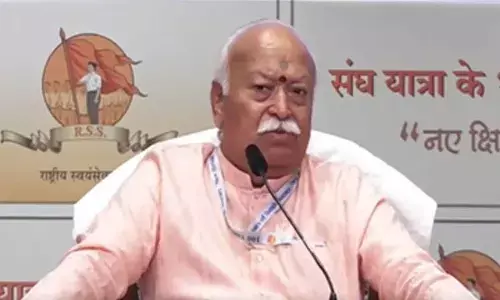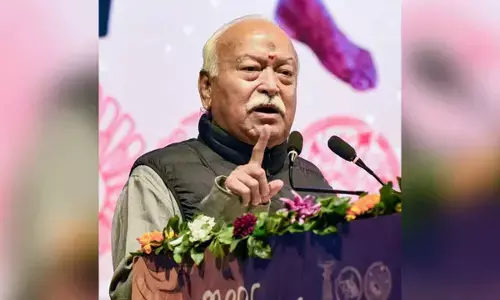Caged parrot is half-informed: Takes on the wrong guy

Caged parrot is half-informed: Takes on the wrong guy. The latest probe, which seems to be publicized much early than required, by the concerned body surprises ever one in the neighborhood.
.jpg) The Central Bureau of Investigation (CBI) is making news once again; not for the embarrassing adjectives fired against it by the apex court – Caged Parrot; but for the preliminary probe initiated by the agency into the decision taken by the Securities and Exchange Board of India (Sebi) in the year 2008 allowing the Multi Commodity Exchange of India (MCX) and the Technologies (India) Ltd or FTIL, the parent company, to commence on with currency derivatives trading.
The Central Bureau of Investigation (CBI) is making news once again; not for the embarrassing adjectives fired against it by the apex court – Caged Parrot; but for the preliminary probe initiated by the agency into the decision taken by the Securities and Exchange Board of India (Sebi) in the year 2008 allowing the Multi Commodity Exchange of India (MCX) and the Technologies (India) Ltd or FTIL, the parent company, to commence on with currency derivatives trading.
The latest probe, which seems to be publicized much early than required, by the concerned body surprises ever one in the neighborhood. It’s not to raise aspersions on the investigating capability of the CBI, but, this time it has entered into a domain comparatively anonymous to it.
Till recently, a body that was branded with a sobriquet of “caged parrot” from the Supreme Court for the way the then Law Minister Ashwani Kumar interfered in its functioning during those days.
Nevertheless, in a bid to prove its autonomous authority and deny the accusation of being a spineless puppet playing in the hands of an establishment living with nefarious designs, CBI took on the former chairman of the market regulator this time.
The argument put forward by the investigative body is that the Sebi granted permission to the Multi Commodity Exchange of India (MCX) and the Technologies (India) Ltd or FTIL to commence on with currency derivatives trading even though income tax raids on FTIL had been carried out in June 2007.
The ‘parrot’ maintains there have been some wrongdoings in the decision. An inquiry has been ordered in this context against the then chairman CB Bhave and another member KM Abraham.
The CBI director Ranjit Sinha believes MCX and FTIL were never suitable enough to run such an exchange. Granting them permission is only beak down of established rules.
This is where the CBI is messing up with the things and playing imprudent against the logic. Firstly, there is no point in naming former officers from the regulatory body in preliminary inquiry and that too just on basis of proof that for sure won’t stand test of time, if some market expert examines the situation with a spectacle of the kind required here.
It’s a wholesome policy decision which requires proper financial intelligence to scrutinize in detail and the CBI lacks it quite frankly. The agency was not established for the given purpose, and also it’s not in its nature to take on such matters at all.
Going by Abraham’s interview to Economic Times, income tax raid on the FTIL was not a charge sheet in any respect and merely a raid. This alone can’t prove any transgression on the part of the former.
Secondly, CBI lacks complete facts at present and as Finance Minister P Chidambaram himself points out as quoted by the Indian Express “I don’t think the entire facts are yet before the CBI. The original license granted to MCX-SX was only to deal in currency futures. It was not a license to deal in equity. I think the distinction is important.”
So, CBI must look into the fact that even if exchange was found unfit to deal in equity trading, it doesn’t exclude it from trading in currency as well. It is where an investigating body needs someone with proficiency in examining financial matters of complex nature.
Thirdly and most importantly, being an autonomous regulator, Sebi is entitled to take its own decision.
Well, after CAG, is it is the turn of the CBI to question the policy decisions of the executing bodies? It appears such prima facie.
But, the entire article in no way suggests that the former officers of the Sebi are wrongly hounded. Still, while going into the retrogressive, the CBI should be a little more certain in making sure whether the problem lies with the policy makers or it’s the mechanism in place to blame, if at all. Just naming someone on basis of superficial evidence won’t serve the cause.














